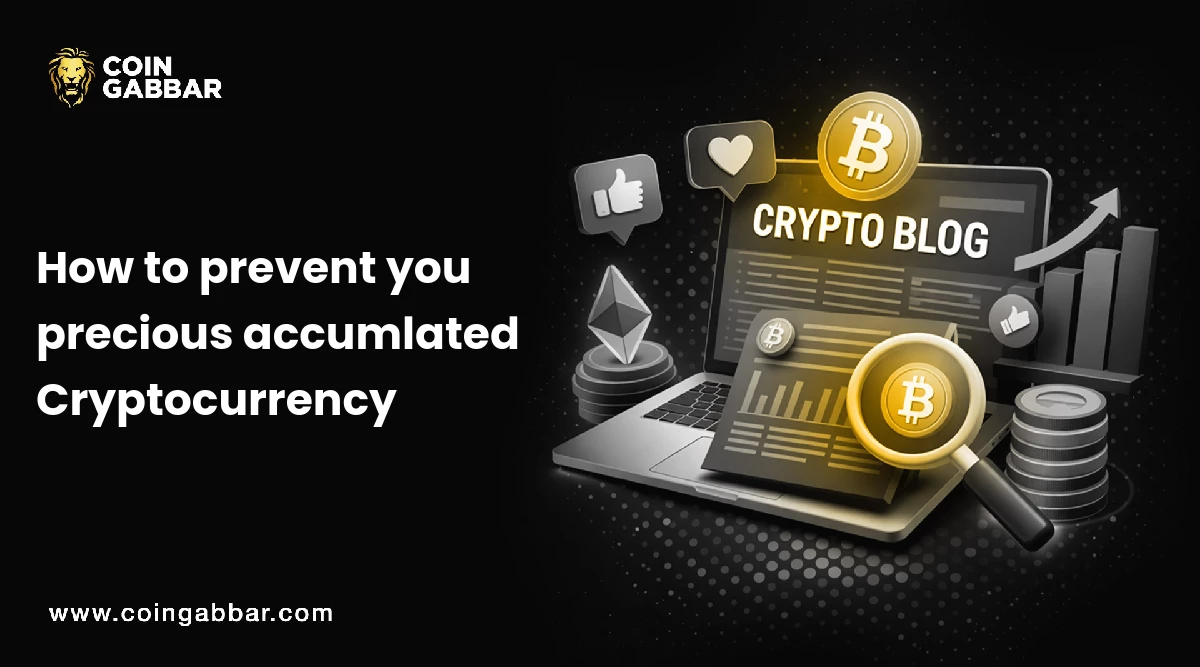
As Bitcoin is now sitting at its highest historical levels and the crypto community is anticipating more records in the near future,
it is important to remember that the safety of crypto holdings very much depends on the user.
Here are some simple steps to ensure that your cryptocurrencies like Bitcoin are safe in this bull market.
1. Use paper wallet or hardware wallet
As Bitcoin essentially allows to “be your own bank,” the responsibility of storing crypto mainly lies with users. A popular expression in the crypto community says “Not your keys, not your Bitcoin,” meaning that whoever holds the key phrase to a wallet, controls the coins contained therein.
Wallets come in many forms: software, hardware, and paper, each with different security considerations.
As their name suggests, software wallets are based on software, allowing users to access their crypto by installing applications on their mobile devices or a computer. As such, software wallets come in many different types like web, desktop, and mobile wallets.
While software wallets are often free and easy to use, they are not completely safe as most of them are somehow connected to the internet, which can make them vulnerable to hacking attacks or security breaches. Users should keep their apps up-to-date in order to reduce risks of possible breaches.
A paper crypto wallet is essentially a piece of paper containing a printed out crypto address and its private key in the form of QR codes generated through paper wallet websites. These codes can be scanned to execute crypto transactions. A paper wallet is highly resistant to online hacking attacks and is often considered an option for cold storage.
A hardware wallet is another sophisticated method to store crypto, isolating user private keys from the internet by keeping them offline in a USB-connected device. Also referred to as cold storage or a cold wallet, a hardware wallet is often associated with an increased level of security as private keys remain completely offline, which is designed to make them immune to any type of remote hacking. Trezor and Ledger are considered the most popular hardware wallet providers.
2. Check whether your 2FA verification is on
Don’t ignore a key additional layer of security by forgetting to turn on two-factor authentication, or 2FA, in the security settings of your wallet account. 2FA sends an additional password request to your phone or email every time you log into your wallet. By activating 2FA, a user prevents a hacker from getting immediate access to a crypto wallet account as the hacker will also need physical access to the user's phone or email.
Google Authenticator is the one of the most popular 2FA applications providing users two-step verification on a phone.
3. Never share your private keys
Don’t ever give your private keys or a seed phrase to anyone. By doing so, you’d be essentially giving away the keys to the castle. Remember that reputable crypto companies will never ask you for your keys even when trying to help you resolve issues.
4. Be sure the recipient wallet is correct
Always check a recipient address before proceeding with a transaction. A simple one letter mistake could direct your transaction to another wallet. In contrast to some traditional financial services, most are irreversible. Some malware is also capable of changing the right destination of your crypto, so a double-check of transaction details is never redundant.
5. Don’t fall for giveaway scams
Don’t ever fall for offers sounding like “send us Bitcoin and get double your Bitcoin back.” This type of attack is quite common on Twitter, with attackers frequently impersonating celebrities, politicians, or crypto personalities promising to double the user's crypto fortune.
As this type of attack is often associated with crypto newcomers, it might get even more exposure with an increasing crypto adoption. In July 2020, online hackers managed to collect at least 12 BTC in a high-profile hack of Twitter accounts like Elon Musk as well as 2020 U.S. presidential candidate Joe Biden.
6. Use smaller transactions and different exchanges
Don’t send a bunch of crypto in one single transaction when you need to buy or sell crypto on a crypto exchange. If you need to transact a big amount of money in crypto, better break it up into multiple transactions to be sure that an exchange is working properly.
While all of these security layers and double-checking might seem tedious, they're the key to making sure your funds remain secure.

Pooja Lodwal is a skilled crypto writer with three years of experience in blockchain and digital currencies. She simplifies complex topics, making cryptocurrency easy to understand for all readers. Whether it’s Bitcoin, altcoins, NFTs, or DeFi, she breaks down the latest trends in a clear and engaging way. She stays updated on market news, price changes, and emerging developments to provide valuable insights. Her articles help both beginners and experienced investors navigate the ever-changing crypto landscape. Pooja believes in blockchain’s potential to transform the future of finance and is passionate about sharing her knowledge. Her writing is simple, informative, and accessible, ensuring that even newcomers can grasp key concepts with ease. By breaking down complicated terms, she makes learning about crypto enjoyable. Through her work, Pooja continues to educate and inspire readers, helping them stay informed about the exciting world of digital assets.